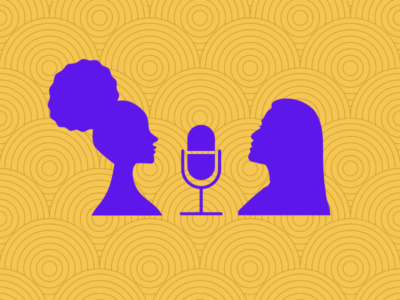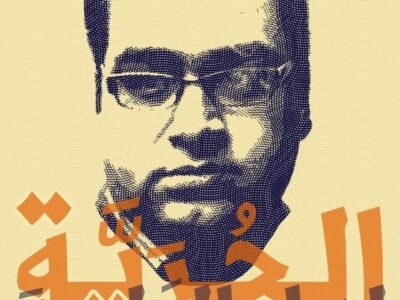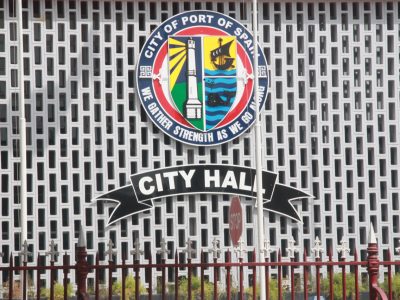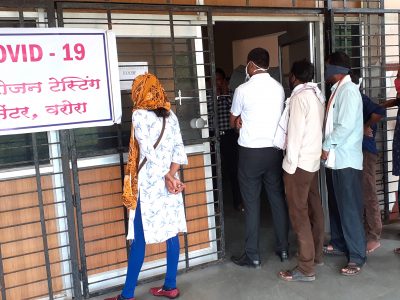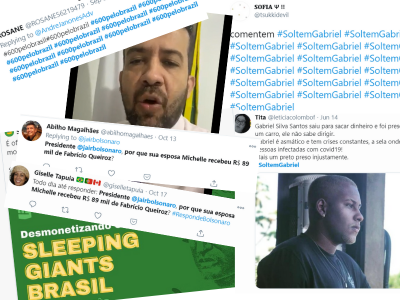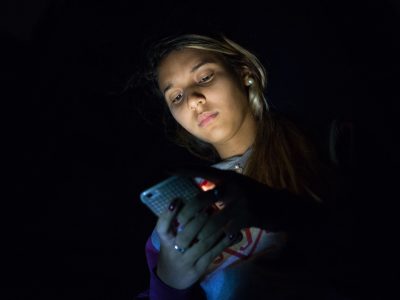
Image courtesy of Sydney Allen via Canva
Social media is one of the most powerful information dissemination and communication tools available today. It can be used for good — uniting disparate ideologies and dispersed communities — or for nefarious purposes, such as disseminating disinformation, covering up corruption, propagating digital authoritarianism, or overpowering minority voices through cyber troops.
Whether it's uniting LGBTQ+ communities in rural areas who may not have opportunities to encounter those with similar identities or language activists using social media to raise awareness, support, and appreciation for their local minority language, social media is a crucial tool for connecting marginalized people. This is particularly true in areas where society may be biased or oppressive toward minority groups or identities, such as the Uyghurs in China. While the Chinese government strictly monitors and censors Uyghur discussions online and in social media, some activists have managed to use various platforms to build solidarity, further their cause, and inform audiences about the human rights abuses they face in China.
However, given that most of these prominent platforms are run by for-profit, private-sector actors, the safety and longevity of these communication networks are tenuous at best. This was illustrated in 2022 by the seeming implosion of Twitter after it was bought by controversial billionaire Elon Musk, as well as the allegations of corruption against Meta (formerly known as Facebook), which has been accused of minimizing and covering up studies that its platforms harmed user’s mental health — particularly young girls and women. Additionally, numerous social media platforms are bowing to state pressure and adhering to state censorship and backdoor access policies, such as in Turkey, Russia, India, Sri Lanka, Myanmar, Kazakhstan, and many more.
To further complicate matters, state censorship combined with international politics and agendas means that some platforms are banned in some countries, and inaccessible without a VPN, but not others. Reddit and TikTok are both banned in Indonesia due to claims that the apps promote “pornographic” content. TikTok is banned in India because of a dispute between China and India. In December 2022, Jordan temporarily banned TikTok after a police officer was killed in a protest — believing it was a space or activists to gather and organize. And China has banned nearly every social platform besides its keystone Sina Weibo app, which undergoes intense moderation and censorship.
However, for every instance of corruption and censorship on social media, there are also examples of community support and grassroots activism. Some are working to combat the capitalist and authoritative grip on social platforms by promoting other safer avenues for discourse. Amid Twitter’s confusion last year, Mastodon, an open-source, decentralized social platform, gained some ground, as developers sought to break the chain of private-sector social media. Others are making their own platforms, such as Colmena, which caters to Indigenous groups in Latin America or Africa.
Amid the ever-changing social media landscape, Global Voices hopes to highlight some of the unique, positive ways social media outlets can be a force for good in the world. That is why we are launching this social media series exploring how our diverse global newsroom uses social media and exploring its multi-faceted uses and implications today.
Stories about Mapping the social media landscape
At a crucial time for global crises, X (formerly Twitter) dilutes its violent speech policy
X has softened its violent speech policy significantly, decreasing both the scope of its provision on violent speech as well as the consequences imposed when such speech is detected.
Queering the internet: anonymous online spaces for LGBTQ+ people
The threat of persecution, violence, and judgement is why many queer people turn to anonymous online spaces to build community and relationships, seek support, and share their experiences.
Australia explores ways to combat widespread greenwashing of carbon emissions
"As consumers become increasingly interested in purchasing sustainable products, there are growing concerns that some businesses are falsely promoting their environmental or green credentials."
Addressing the changing nature of Twitter and emerging social media landscape
With Twitter's downfall, there is an absence of safe and ethical social platforms, which has created a vacuum and an opportunity for emerging platforms such as the open-source Mastodon.
Colmena: an open source media platform connecting Indigenous and rural communities
"The name 'Colmena', for me, represents a commitment to diversity."
Undertones: Twitter is a double-edged sword for the Global South
Twitter’s slow or sudden collapse may particularly hit countries with high levels of censorship, disinformation, and political instability.
Russian social media users now also want to say no to war while not actually saying it
Russians have to revert to language of allusions yet again if they want to continue anti-war resistance.
Mother of jailed Egyptian ex-lawmaker turns to social media in her quest for justice
“All that mattered was to express the pain brewing inside me, and to keep alerting people to the arrest of prisoners of conscience who do not deserve being arrested”.
How the Fiji Meteorological Service uses social media
Global Voices interviewed the Fiji Meteorological Service about the role of social media in informing citizens about the weather and climate science in the South Pacific nation.
“Nothing can break these people”: Social media dispatches from Ukrainians
"How are you?" "Air raid siren" "I’m running to the shelter" "I’m safe" "I love you"
Namibian activists maximize social media to expose unlawful jurisdiction and homophobic legislature
LGBTQ+ and feminist activists in Namibia use social media as a tool to gain international attention and put pressure on their government to ensure equal rights.
Arab content creators use social media to talk about sex, sexuality and reproductive health
'If we continue to avoid these conversations and to treat sexual education like a taboo, we are, in fact, only harming those that we are trying to protect.'
Social media outcry halts ‘revitalisation’ plans for Trinidad park, but approach to public consultation remains a challenge
"Since TT is a signatory to the Paris Agreement, CCSJ calls for sustainable, responsible, environmentally responsible revitalisation of our city."
Harnessing the power of social media, Indian netizens support one another during the second wave of COVID-19
As India's healthcare system reels under mounting cases of COVID-19, citizens rally the power of social media to help one another and keep hope alive.
Cuban artists fight repression through song, social media and hunger strikes
Internet access is opening up the island to new forms of protest against a government that has long controlled the narrative.
How a social media group is helping to improve railway service in Bangladesh
Some 'fans' are using a Facebook Group to share information, respond to queries, and give suggestions for how to improve the service of the Bangladesh Railway.
Four ways Brazilians turned to social media to question racism and corruption
With millions of tweets, Brazilians have a mixed impact on politics but show fervor for transparency, equality and anti-racism.
‘Lazy’ Nigerian youth mobilize #EndSARS protest from social media to the streets
Described as ‘lazy’ by Nigeria’s President Muhammadu Buhari, with a significant number unemployed, stereotyped as ‘unserious’, these digitally savvy youth have proved critics wrong.
WhatsApp is the new tool for Venezuelan feminists during the pandemic
Global Voices interviewed the leads of four projects that aim to help women facing violence during the pandemic.
Uyghur emojis help spread message of cultural resistance over social media
Emojis representing Uyghur characters and culture are now available on the encrypted messenger platform Telegram in an effort by the Uyghur diaspora in Russian-speaking countries to raise visibility.
Diaspora* and Other Free Software Are Available in the Occitan Language, Thanks to Volunteer Translators
"I don’t like when people decide that one language has more value than another. In my opinion, every language is as equal as the next."







